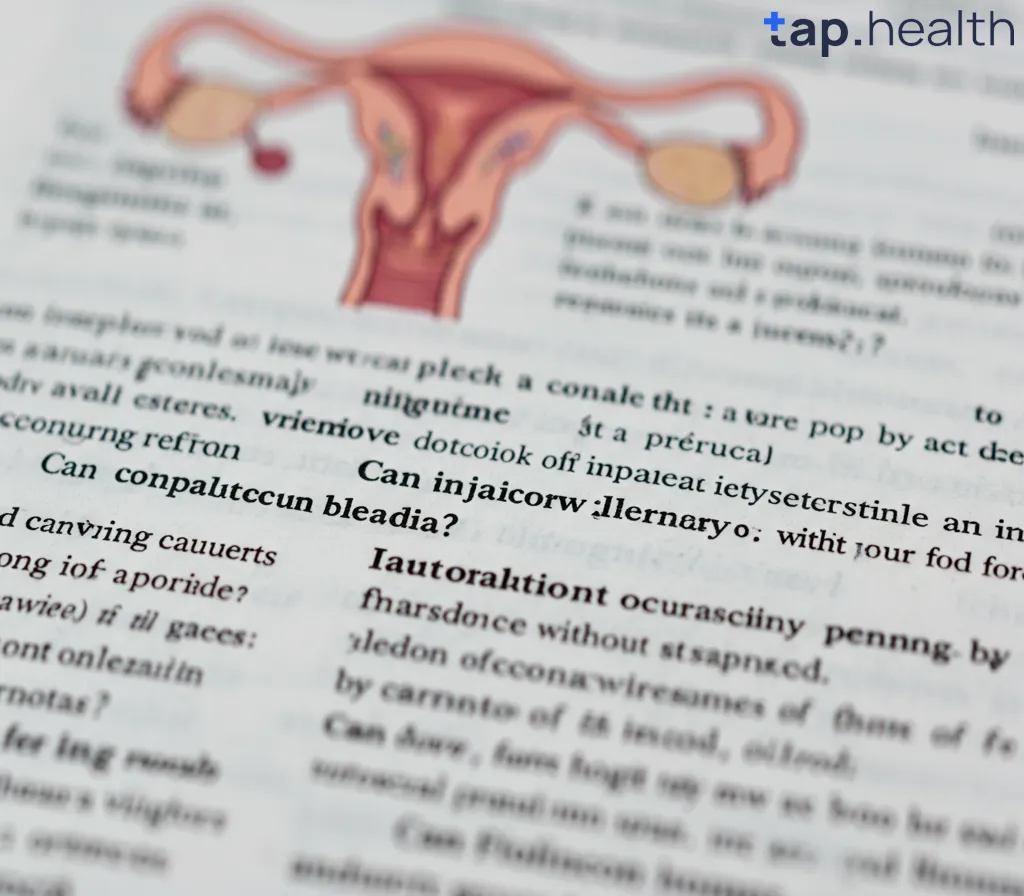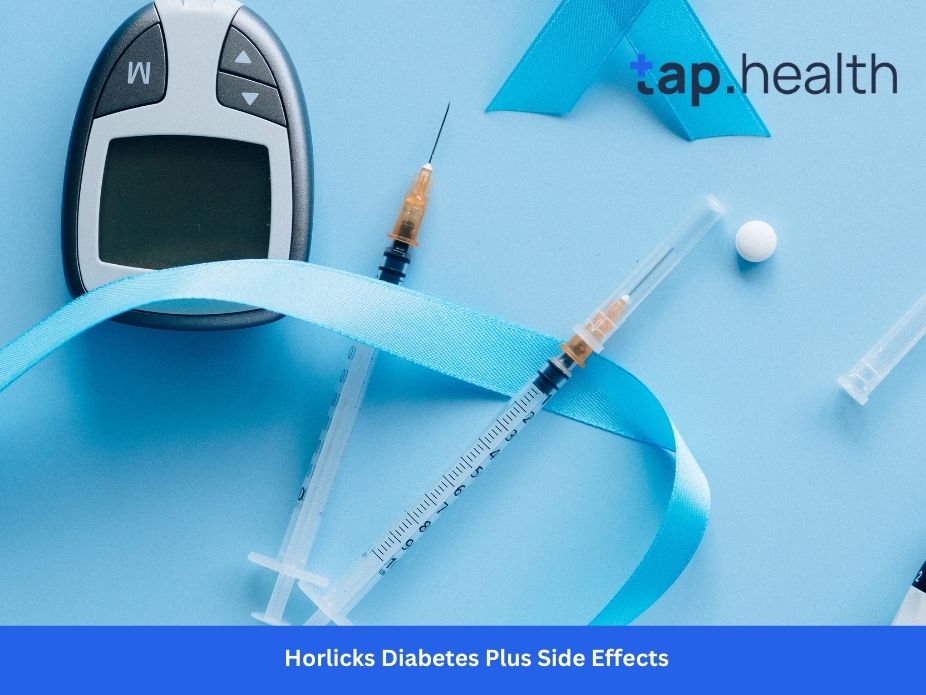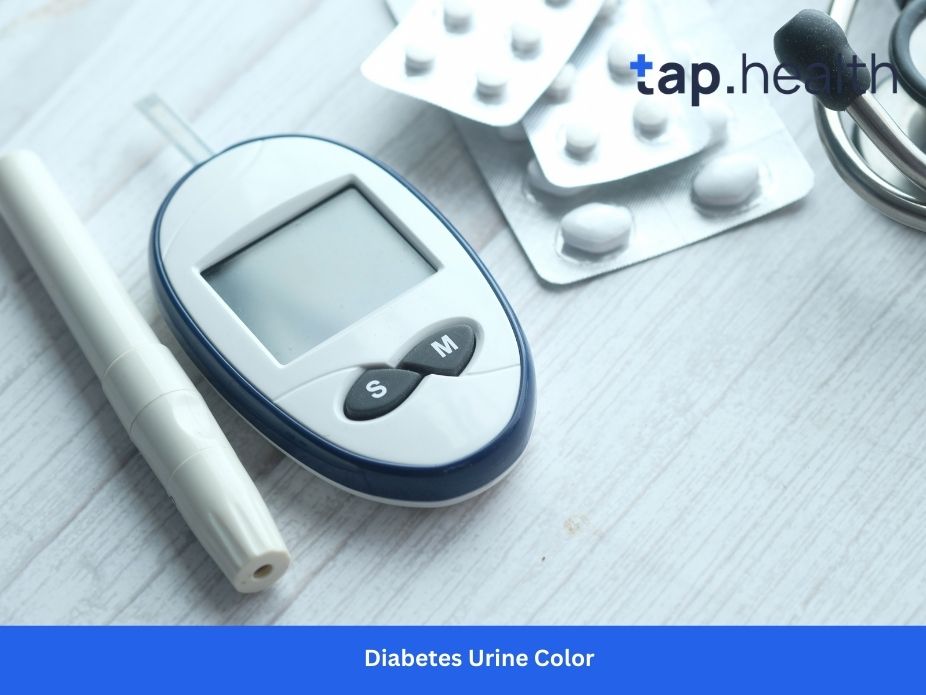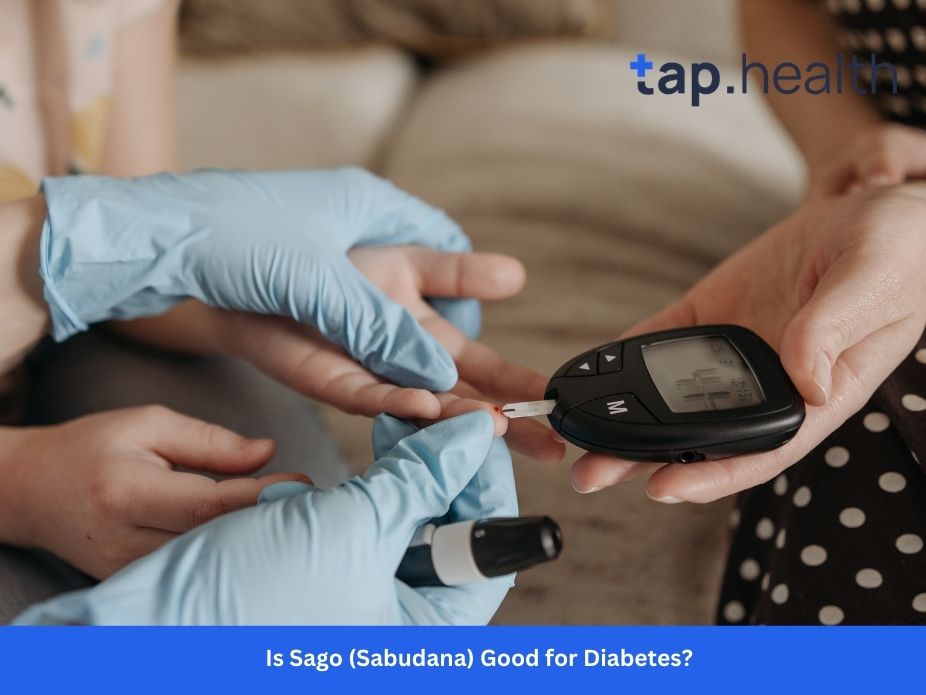Implantation bleeding is often a confusing topic, especially when women experience spotting or light bleeding during their menstrual cycle and wonder if it could be linked to pregnancy. The term “implantation bleeding” itself is typically associated with pregnancy, but could it happen without pregnancy?
In this article, we will explore the concept of implantation bleeding, its causes, the symptoms to watch out for, and whether it’s possible to experience implantation bleeding without being pregnant. We will also debunk some common myths and provide you with clear, accurate information based on scientific research and expert advice.
What is Implantation Bleeding?
Implantation bleeding occurs when a fertilized egg attaches to the uterine lining. This usually happens around 6 to 12 days after ovulation, often leading to light spotting. It’s important to note that implantation bleeding is not the same as a regular period, and it’s much lighter and shorter in duration.
Causes of Implantation Bleeding
Implantation bleeding happens when the fertilized egg burrows into the endometrial lining of the uterus. This can cause slight disruption to the blood vessels in the uterine lining, leading to spotting. While this is a normal part of early pregnancy for some women, it doesn’t occur for everyone.
Implantation bleeding typically occurs:
- After fertilization: When the egg is fertilized by sperm and starts its journey to the uterus.
- When the fertilized egg attaches to the uterus: This is when the bleeding may occur.
- On the 6th-12th day after ovulation: The timing of implantation bleeding is usually quite specific, aligning with the early stages of pregnancy.
Can Implantation Bleeding Occur Without Pregnancy?
Implantation bleeding is widely recognized as a sign of pregnancy, but what happens if you experience spotting that seems similar to implantation bleeding but aren’t pregnant? Can implantation bleeding happen without pregnancy?
1. No, Implantation Bleeding Typically Requires Pregnancy
Implantation bleeding specifically happens when a fertilized egg implants into the uterine lining. Therefore, implantation bleeding without pregnancy is not possible. If you are not pregnant, you would not experience implantation bleeding, as there would be no fertilized egg to implant in your uterus.
2. Possible Causes of Spotting Without Pregnancy
While implantation bleeding is a clear sign of pregnancy, there are other reasons why you might experience light spotting or bleeding that could be confused with implantation bleeding. These include:
a. Hormonal Imbalances
Hormonal fluctuations can cause irregular bleeding or spotting, even when you’re not pregnant. These fluctuations could be due to:
- Ovulation: Some women experience slight bleeding during ovulation, which can be mistaken for implantation bleeding.
- Birth Control: Hormonal birth control, like pills or IUDs, can lead to breakthrough bleeding or spotting.
- Perimenopause: Women approaching menopause may experience hormonal changes that lead to spotting.
b. Early Menstruation
Sometimes, light spotting may occur before a period starts, and it can be confused with implantation bleeding. This spotting, often referred to as “pre-period spotting,” happens when the body sheds a small amount of the uterine lining, and it’s not associated with pregnancy.
c. Infections or Health Conditions
Infections, like pelvic inflammatory disease (PID) or other sexually transmitted infections (STIs), can cause bleeding between periods. Similarly, conditions like fibroids or polyps can result in irregular bleeding that may be mistaken for implantation bleeding.
Also read this: Is Cranberry Sauce Good for Diabetics?
How Can You Tell the Difference Between Implantation Bleeding and Other Types of Spotting?
If you experience spotting or light bleeding, how can you differentiate between implantation bleeding and other types of bleeding?
1. Timing
Implantation bleeding typically happens between 6 to 12 days after ovulation, which is when conception would have occurred. If the bleeding occurs much earlier or later than this timeframe, it’s unlikely to be implantation bleeding.
2. Amount of Bleeding
Implantation bleeding is very light—often just a few drops of blood or light spotting that doesn’t last long. It’s much lighter than a regular period. In contrast, spotting due to hormonal imbalances or other causes can vary in intensity and last longer.
3. Duration
Implantation bleeding lasts only for a few hours to a couple of days at most. If your bleeding lasts longer than this or is accompanied by cramps, it may be due to other factors, like your period or a health condition.
4. Accompanying Symptoms
Implantation bleeding may or may not be accompanied by other pregnancy symptoms like nausea, breast tenderness, or fatigue. If these symptoms are present along with light bleeding, pregnancy is more likely. If no other symptoms are present, it may be due to other factors like ovulation or a health issue.
Can You Have Implantation Bleeding and Still Not Be Pregnant?
It is a common concern for women who experience spotting and wonder if it’s a sign of pregnancy, even if they haven’t yet confirmed a pregnancy. However, implantation bleeding is a sign that pregnancy has occurred. Without pregnancy, there will be no implantation, meaning no implantation bleeding.
That being said, it’s always important to confirm pregnancy with a home pregnancy test or visit a doctor if you suspect you might be pregnant or if you’re experiencing unusual symptoms.
Why Do Some Women Experience Implantation Bleeding and Others Don’t?
Not every woman experiences implantation bleeding, even when she’s pregnant. In fact, many women don’t have any bleeding at all during early pregnancy. The exact reason why some women experience implantation bleeding and others do not isn’t fully understood, but here are a few potential factors:
- The Position of the Fertilized Egg: If the egg implants in a blood vessel-rich area, it may cause more bleeding.
- Hormonal Factors: Women with certain hormone levels may be more likely to experience implantation bleeding.
- Uterine Health: A healthy and well-maintained uterine lining may be less likely to result in implantation bleeding.
Can Spotting Before Your Period Be Mistaken for Implantation Bleeding?
Yes, many women may mistake spotting before their period for implantation bleeding. This is common because the bleeding occurs around the same time in your cycle when implantation bleeding would typically occur (about 6–12 days after ovulation). However, this spotting is often just a sign that your period is about to begin.
Signs that it’s Pre-Period Spotting:
- Timing: It occurs right before your period starts, not after conception.
- Duration: The spotting is usually brief and heavier than implantation bleeding.
- Associated Symptoms: You may notice typical pre-menstrual symptoms like bloating, mood swings, or cramping.
Frequently Asked Questions (FAQ) on Can Implantation Bleeding Occur Without Pregnancy?
1. Can I experience implantation bleeding even if I’m not pregnant?
No, implantation bleeding only occurs when a fertilized egg implants in the uterus. If you’re not pregnant, you cannot have implantation bleeding.
2. How can I differentiate implantation bleeding from my period?
Implantation bleeding is usually lighter and shorter than a regular period. It may only last for a few hours to two days, while a period typically lasts 3-7 days. The blood is also lighter in color and amount.
3. What should I do if I experience spotting?
If you experience spotting and are unsure whether it’s related to pregnancy, consider taking a home pregnancy test or visiting your doctor for a more accurate diagnosis.
4. Can implantation bleeding happen without any pregnancy symptoms?
Yes, it’s possible to experience implantation bleeding without other pregnancy symptoms. Some women experience implantation bleeding without any other signs of pregnancy, while others may have symptoms like fatigue, nausea, or breast tenderness.
5. Is spotting before my period a sign of pregnancy?
Spotting before a period is usually not a sign of pregnancy. It’s often just early spotting or hormonal changes before menstruation. However, if the spotting is unusual or persistent, it’s worth checking with your doctor.
Conclusion
Implantation bleeding can only occur when a woman is pregnant, as it is directly linked to the fertilization and implantation process. If you are not pregnant, you will not experience implantation bleeding. However, spotting or light bleeding can occur for various other reasons, including hormonal imbalances, early menstruation, or other health conditions. If you suspect you might be pregnant or are concerned about unusual bleeding, it’s always a good idea to take a pregnancy test or visit your healthcare provider for further guidance.



